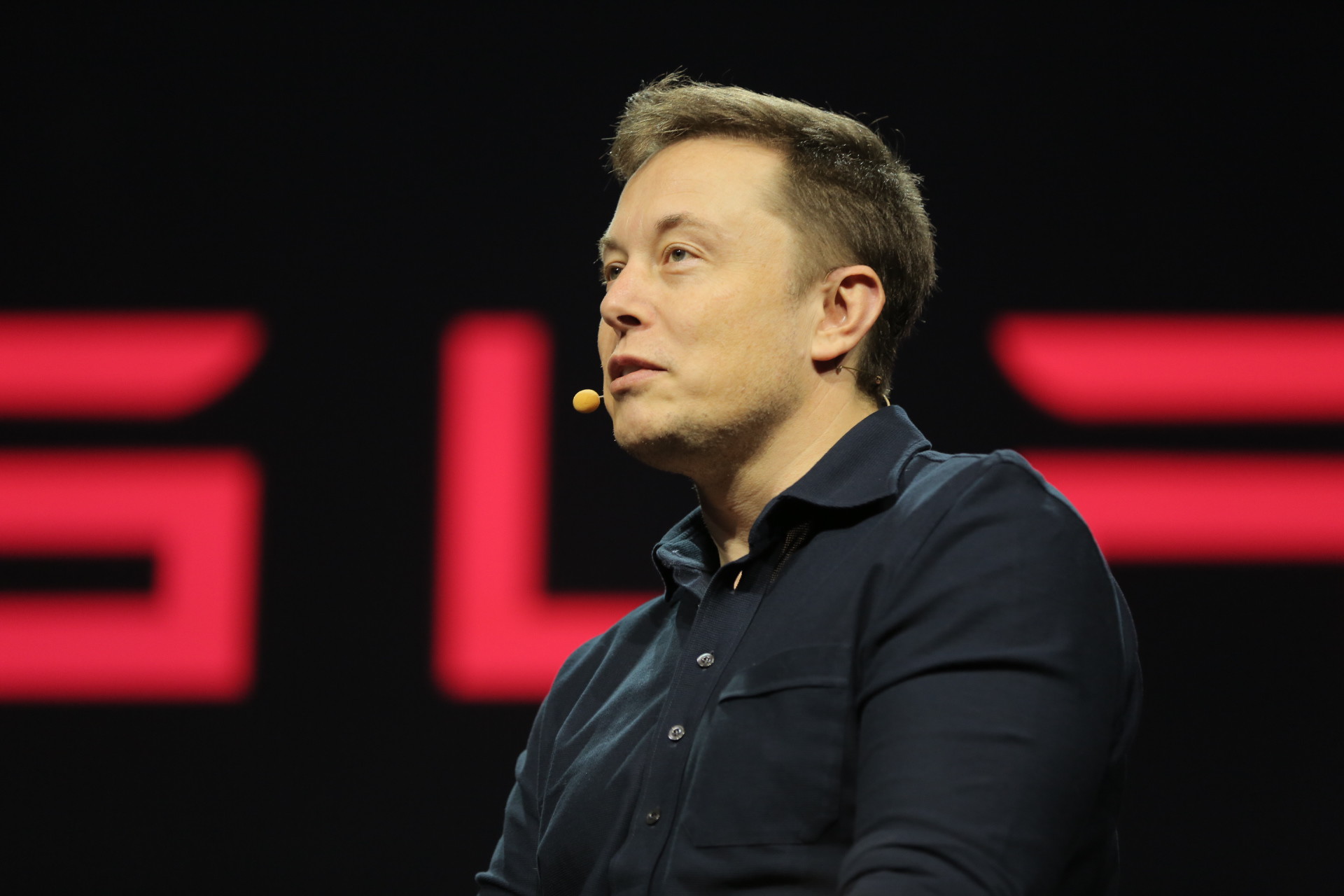Space exploration in science fiction has given humanity a lot to dream about – like flying cars, for example. But as one writer points out, there are downfalls to leaning on science fiction as a blueprint for humanity’s future. And, the author says, there are even more downfalls for leaning on one man to draft those blueprints.
Paris Marx explores this in their latest piece for Time Magazine. It’s based on research for their new book about Silicon Valley Tech CEOs, “Road to Nowhere: What Silicon Valley Gets Wrong about the Future of Transportation.”
Marx came to the conclusion that of all the tech moguls and captains of industry, Elon Musk is someone whose vision doesn’t align with what’s best for humanity. Marx spoke with Texas Standard. Listen to the interview above or read the transcript below.
This transcript has been edited lightly for clarity:
Texas Standard: What is it about Elon Musk’s past decisions with Tesla and SpaceX that drew you to this conclusion?
Paris Marx: Yeah, it’s a good question. And I think the key here is that Elon Musk is someone who we have, I think, collectively looked up to for a while. But I think if we look at the impact of his companies and the vision that he’s put forward over the past decade or so, we can say that they don’t tend to follow through on actually improving things in our society. And I would argue that they tend to distract us from some of the real problems that we face and need to deal with right now. Instead, having us focus on his more science fictional visions, as you put it.
I don’t recall seeing many electric cars on the road until Tesla started popping up. Surely that broader acceptance of electric vehicles was an important turning point?
Yeah, I would say that I think Tesla played a role in that. A few years before Tesla came along, GM and Toyota and a number of other automakers did have electric vehicles that were kind of rolled back, and now they’ve had to recommit to it. But I think when we also look at Tesla, they have helped to promote the idea of electric vehicles. Certainly that was helped by funding from the federal government and by state governments around the United States as well.
But then there have also been consequences that have come of that, as Elon Musk has pushed electric cars as the solution to climate change and really tried to stifle attempts to expand high-speed rail or transit services as an alternative.
But isn’t there always that trade-off? And you look at SpaceX, Musk was a very big huckster for the commercialization of space, but few people would deny that they haven’t truly revolutionized getting satellites into orbit.
If we’re talking about the space front, Elon Musk has certainly benefited from a renewed interest in space. And I think it’s interesting that has come at the very time that the United States is facing a new kind of geopolitical power that’s rising – that it needs to show that it can remain in a technological superior position to, right? And so, of course, privatization is a is a really key part of what the United States has pursued.
But I think we also need to think about the goals of that program. Does improving space science look like sending men to Mars or to the moon again? Or does it really look like investing in scientific exploration, like the new James Webb telescope that went up? That probably doesn’t get the kind of attention as the ideas of sending a man to Mars.
You think about inventors and captains of commerce in the past – Edison, Westinghouse, Ford. And more contemporarily Steve Jobs, for example. None of them have been paragons of virtue.
I do think that we have a tendency to look back at these great men of history and hold them up. That’s a tendency for how we tend to tell these stories. And in the piece, I argue, there’s a different way to look at these histories and the contributions of people in order to shape history and in order to bring about futures. And I think we need to look more critically at the contributions of those people and to see if there are other ways that we can look at shaping our society in a way that has real material benefits for the broader public, rather than just going along with the visions of some great men who pass ideas down to us, I guess, from their positions.
How much of this is about celebrity culture? The media has sort of latched on to what are effectively modern geographies in a sense.
Yeah, absolutely. And you see that with Elon Musk, certainly. It’s not just that he’s a powerful figure or a wealthy figure, but he has also benefited immensely from the kind of attention that gets poured onto him. Recently, Elon Musk tweeted that he was going to buy Manchester United, the soccer team in the U.K. And it was a joke. But immediately there were headlines saying, ‘Oh, that must unify the soccer team.’ And so there’s a real desire to kind of just pump up anything that he says, any tweet that he sends. And I think that’s a real problem. And we need to think about bigger issues.














